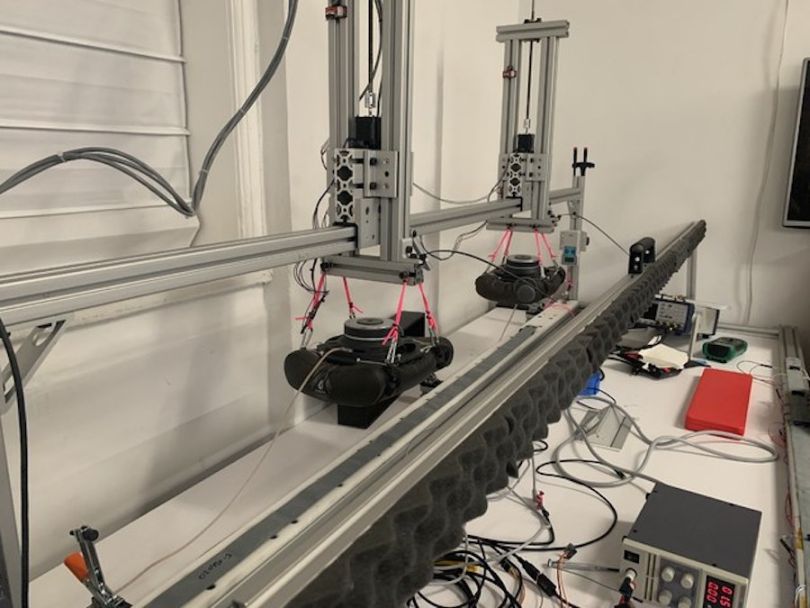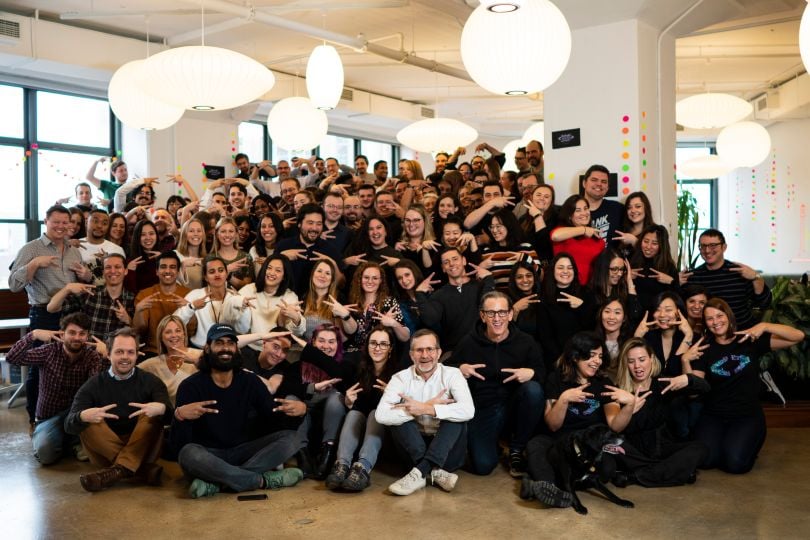In the last few years, artificial intelligence has been integrated into healthcare, e-commerce, finance and education for use cases previously difficult to imagine. Examples include emotional training tools that analyze vocal patterns to determine energy level and demand forecasting for consumer packaged goods.
The following two companies aren’t being left behind. Their teams are using modern technology to deliver users information that could help them change their actions for the better. For Eight Sleep, that means analyzing sleep biometrics to pinpoint stressors. At <intent>, real-time predictions provide e-commerce brands with valuable user conversion data.
For both businesses, AI-generated insights often serve as a catalyst for change — whether that means changing an individual’s sleep habits to A/B testing user-facing messages.

At Eight Sleep, Head of AI and Research Manish Chabliani said the company is currently developing machine-learning capabilities to identify sleep disorders such as atrial fibrillation, sleep apnea and others.
While such technology is still in production, a few of the company’s current products rely on learned machine behavior to maximize comfort. Its smart mattress, for example, contains sensors that track a user’s sleep phases, heart rate and respiratory rate to provide feedback based on any changes detected over time.
How is your team currently leveraging artificial intelligence and/or machine learning to inform decision-making in a specific area of the business?
We invented the Pod, the first high-tech bed to combine temperature regulation, biometric tracking and sleep coaching. AI and machine learning are critical tools for calculating sleep metrics and analysis at Eight Sleep. Our models analyze sleep biometrics and data to predict presence in bed, detect sleep onset and to classify sleep stages.
We recently launched two features that were driven primarily by applying ML to data: Smart Temp (which changes bed temperature to align with the sleeper’s circadian rhythm) and Sleep Insights (our recommendation engine that offers advice to improve sleep quality).
We are consistently improving ML algorithms to study how sleepers respond to events.’’
What impact has AI/ML-driven decision-making had on the business thus far?
The Eight Sleep Pod uses machine learning to understand how a user’s body responds to different stressors (including workouts, diet, physical/emotional stress, etc.) and adjusts the bed temperature accordingly. We are consistently improving ML algorithms to study how sleepers respond to events and notifying them of sleep insights like stress assessments or the onset of a particular illness.
Our goal here is for people’s beds to notify them if there are fluctuations with their sleep biometrics and offer recommendations. For example, “Based on your data, it seems your body may be under some stress the last couple of nights.”
This insight might initiate action, allowing users to reflect and subsequently deal with the stress through meditation, mindfulness, etc.

Data science company <intent> makes real-time predictions that e-commerce brands can leverage to gauge the likelihood of users converting. But Senior Product Manager Sinan Zhang said the company isn’t using machine learning solely for consumer-facing products. They’re also leveraging data analysis methods like time-series modeling for internal purposes.
How is your team currently leveraging artificial intelligence and/or machine learning to inform decision-making in a specific area of the business?
We build machine-learning models that predict the value of every individual user in real time, using only a retailer’s first-party data. Our product team is constantly innovating on machine-learning predictions and business applications to address the challenges e-commerce brands face, including user acquisition, onsite personalization, user conversion and retention and overall profitability.
We use time-series modeling to detect traffic anomalies.’’
What impact has AI/ML-driven decision-making had on the business thus far?
Machine learning is the foundation upon which we deliver actionable insights to our global partners. Our predictions allow them to make informed real-time decisions that lead to measurable business value creation.
In addition, we’ve leveraged machine learning algorithms to improve internal operational processes to drive higher efficiency. For example, we use time-series modeling to detect traffic anomalies. I believe that our products will enable e-commerce sites to demystify machine learning and incorporate these actionable insights into their day-to-day decision making processes.





